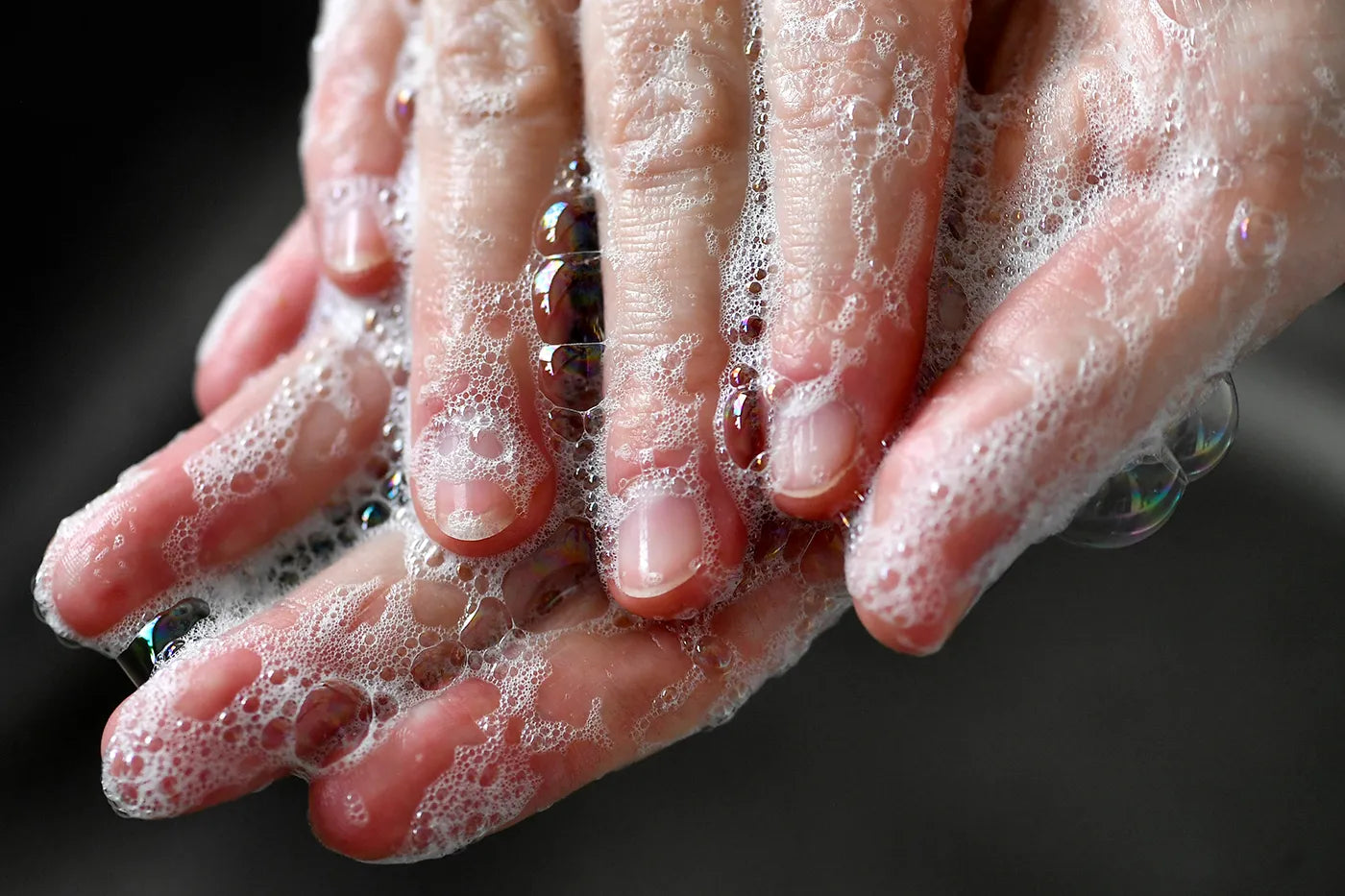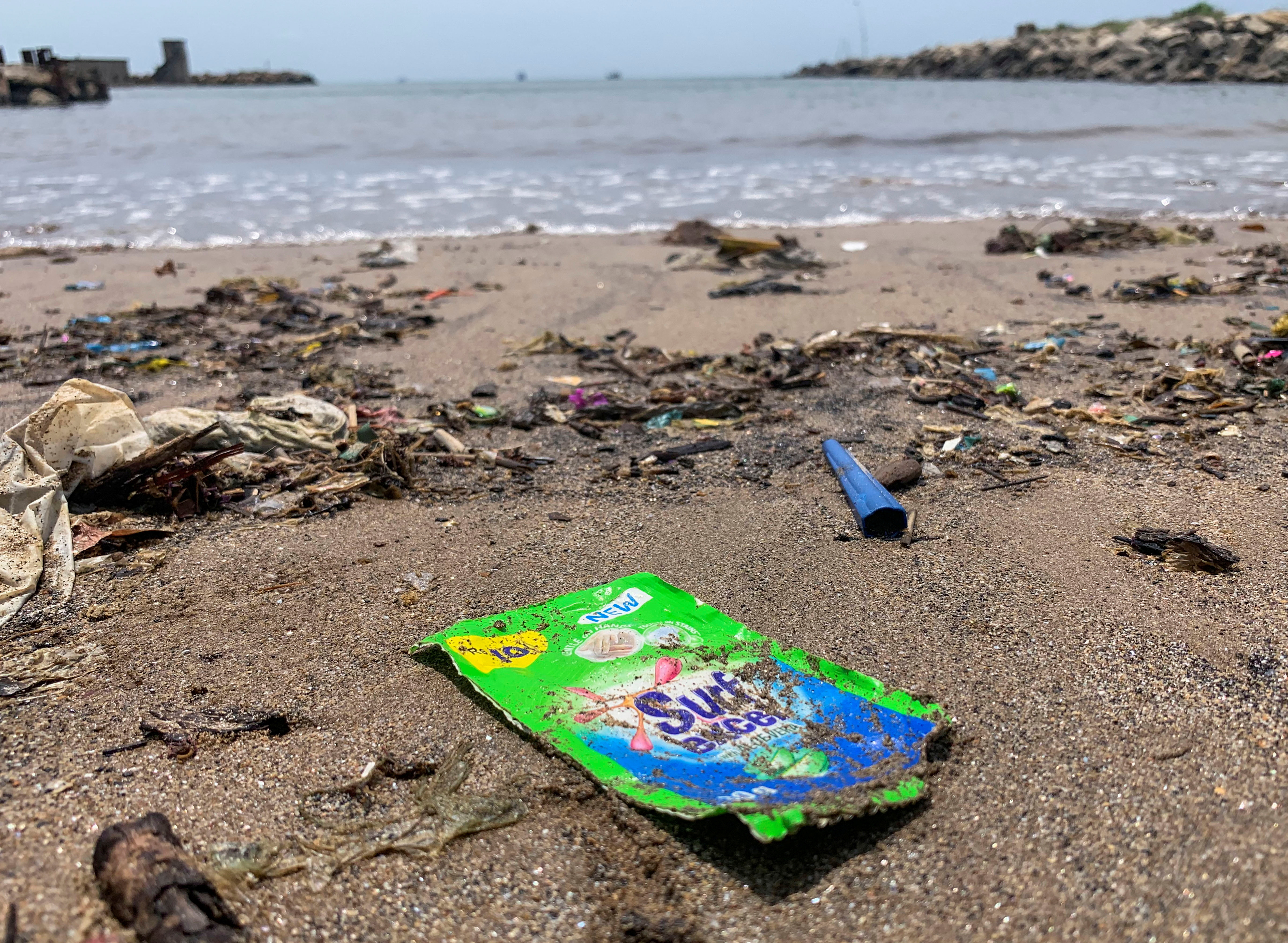
The Environmental Impact of Your Soap
In the grand scheme of environmental conservation, the soap we use daily might not seem like a major player. However, the truth is that the type of soap we choose has a significant impact on our planet's health. Traditional, chemical-laden soaps are convenient and effective, but their environmental footprint is far from clean. On the other hand, non-toxic, biodegradable soaps offer a promising alternative, aligning with a more sustainable lifestyle. In this blog post, we'll delve into the environmental implications of conventional soaps and explore how switching to greener alternatives can make a difference.
The Dirty Side of Clean
:max_bytes(150000):strip_icc():format(webp)/GettyImages-71926652-597c1ffa3df78cbb7a2758cf.jpg)
At first glance, soap is just a household staple meant to keep us clean. Yet, the process of producing and disposing of conventional soap tells a different story. Many of these products are formulated with synthetic chemicals, such as parabens, sulfates, and phthalates, which serve various roles from preservatives to foaming agents. While they may enhance the soap's performance, these chemicals can wreak havoc on ecosystems when they find their way into our waterways.
For instance, triclosan, a common ingredient in antibacterial soaps, has been shown to disrupt aquatic environments by contributing to antibiotic resistance and harming algae, a foundational element of aquatic food chains. Similarly, the phosphates used in some detergents can lead to nutrient pollution, causing deadly algal blooms that deplete oxygen in water bodies and threaten marine life.
The Packaging Problem

Beyond the soap itself, the packaging it comes in poses its own environmental challenges. Plastic bottles and wrappers are not always recycled, leading to increased plastic pollution. These plastics can take hundreds of years to decompose, accumulating in our oceans and landscapes, and posing threats to wildlife and ecosystems.
A Cleaner Alternative: Non-Toxic, Biodegradable Soaps

The good news is that there is a growing movement towards more environmentally friendly soaps that promise cleanliness without compromise. Non-toxic, biodegradable soaps are made from natural ingredients like plant oils and essential oils, avoiding harsh chemicals. These soaps break down into harmless substances once they enter the environment, reducing the risk of pollution and harm to aquatic life.
Moreover, many eco-conscious brands are also focusing on sustainable packaging solutions, such as using recycled paper or biodegradable materials, further minimizing their environmental impact.
Making the Switch: Benefits for the Planet and You
Switching to non-toxic, biodegradable soap is a small but meaningful step towards reducing your environmental footprint. Here are some benefits of making the switch:
- Reduced Chemical Pollution: By choosing soaps without harmful chemicals, you're helping to decrease the amount of toxic substances that enter and damage ecosystems.
- Less Plastic Waste: Opting for soaps with eco-friendly packaging reduces the demand for plastic and helps combat plastic pollution.
- Safer Ingredients: Non-toxic soaps are not only better for the planet but also gentler on your skin, free from irritants and synthetic fragrances.
Embracing Sustainable Cleanliness

The journey towards a more sustainable lifestyle involves examining and adjusting even the most mundane aspects of our daily routines. The soap we use is a small but significant part of this puzzle. By opting for non-toxic, biodegradable options, we contribute to a cleaner, healthier planet. It's a simple change with ripple effects that extend far beyond our bathrooms, influencing broader environmental health and encouraging a shift towards more sustainable living practices. Let's lather up with intention, choosing soaps that are kind to the earth and all its inhabitants.



Leave a comment